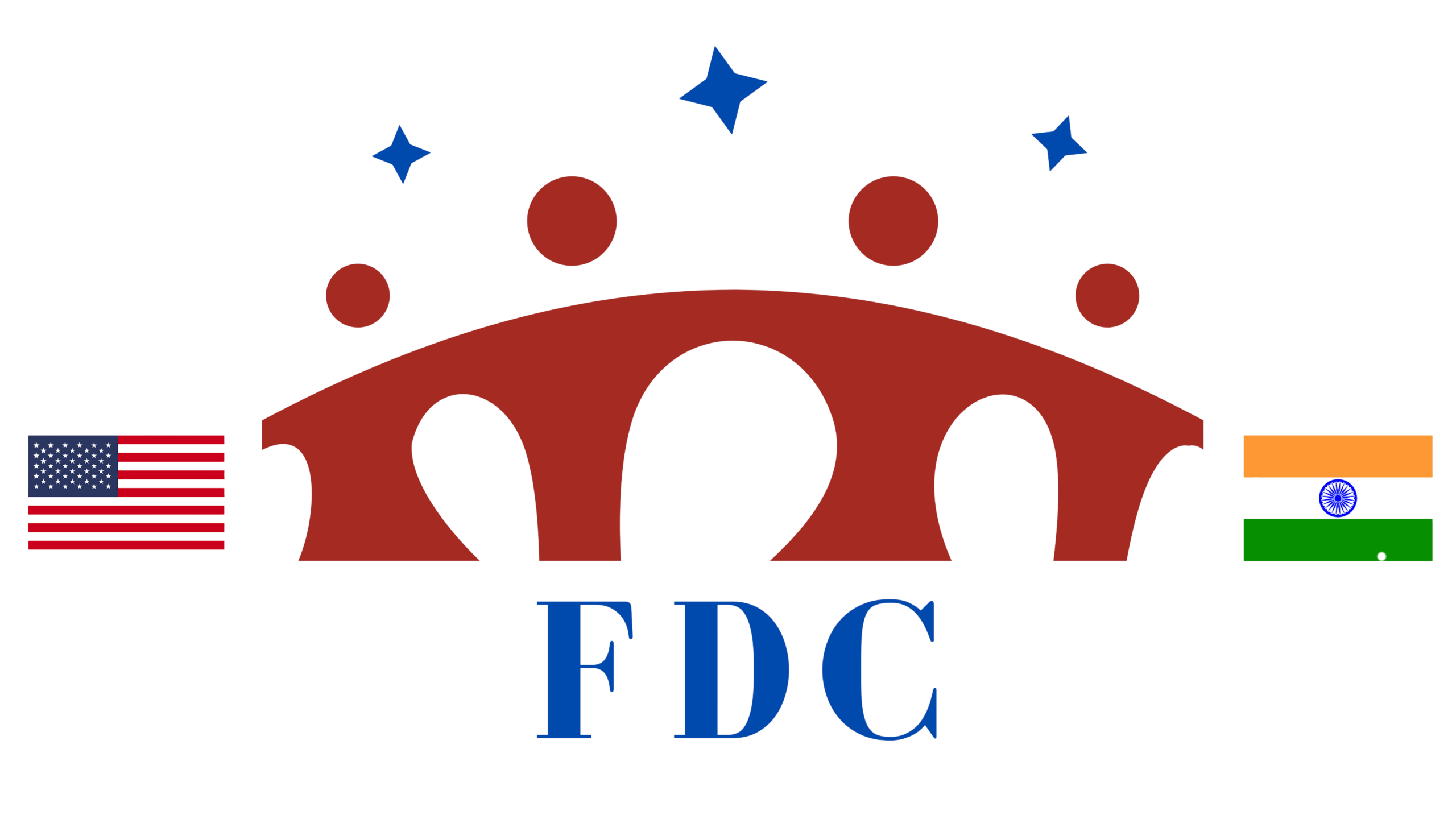Over the last decade, we have seen the acceleration of weather-related disasters and crises all across the world, but most especially in India. Young people, in particular, are deeply concerned about these developments. India has a very large diversity of eco-systems, from the glaciers of the Himalayas to one of the longest coast lines in the world running through the entire peninsula. All of these diverse ecosystems have faced one form of crisis or another, including natural disasters from the 2004 Tsunami to the Uttarakhand flash floods. While such large events such as floods and cyclones require sustained rebuilding responses, it is equally true that much of the crises that envelopes our society now comes as short stretches of very damaging weather such as extreme heat. FDC’s focus is on engaging young people on the twin questions of how one mitigates the impact of such disasters, especially the ones that unfold very slowly, such as long and extreme heat waves, while simultaneously ensuring an upward trajectory for developmental work. There is much exploratory work to be done in this domain, and we are actively building a network of civil society actors who are responding on the ground to these crises. Alongside, we are engaging more traditional development organizations on the challenges they face adjusting to this new reality. In collaboration with these partners, we will develop initiatives that build awareness within young people on these topics.
Three specific topics are currently envisaged:
- Disaster management and rehabilitation: In partnership with a wide base of civil society actors and researchers in India, we are asking the question “What does disaster preparedness mean in India?” This question is the product of the second wave of the Covid crisis in India, where some estimates suggest a death toll greater than 500,000. As ecological crises escalate, we are anticipating such emergency situations and are aware of the inadequate infrastructure to respond to such disasters. Research and advocacy will involve youth and be aimed at not only developing a disaster response network in India, but also building a similar Network in the diaspora.
- Urban research and response strategies: This focuses on urban crises related to climate change, such as extreme heat and labor in industries that require workers to be constantly exposed to such heat waves. Other ongoing discussions in the urban space include engaging youth in research and advocacy around air quality and pollution on the one hand and just energy transitions such as in urban transport, including taxis, and food delivery systems.
- Water Wars: Preparing for the water wars at a very early stage, this project seeks to consolidate all the existing research anticipating crises in water usage in India over the next two decades, and prepare young people in understanding the issues involved. Here the task is to help build a network of well-informed research and civil society actors working on this issue.
A large part of this work is being undertaken in partnership with social movement groups in India. At the U.S. end, however, this work is seeking active collaboration and partnership with prestigious research institutions.
